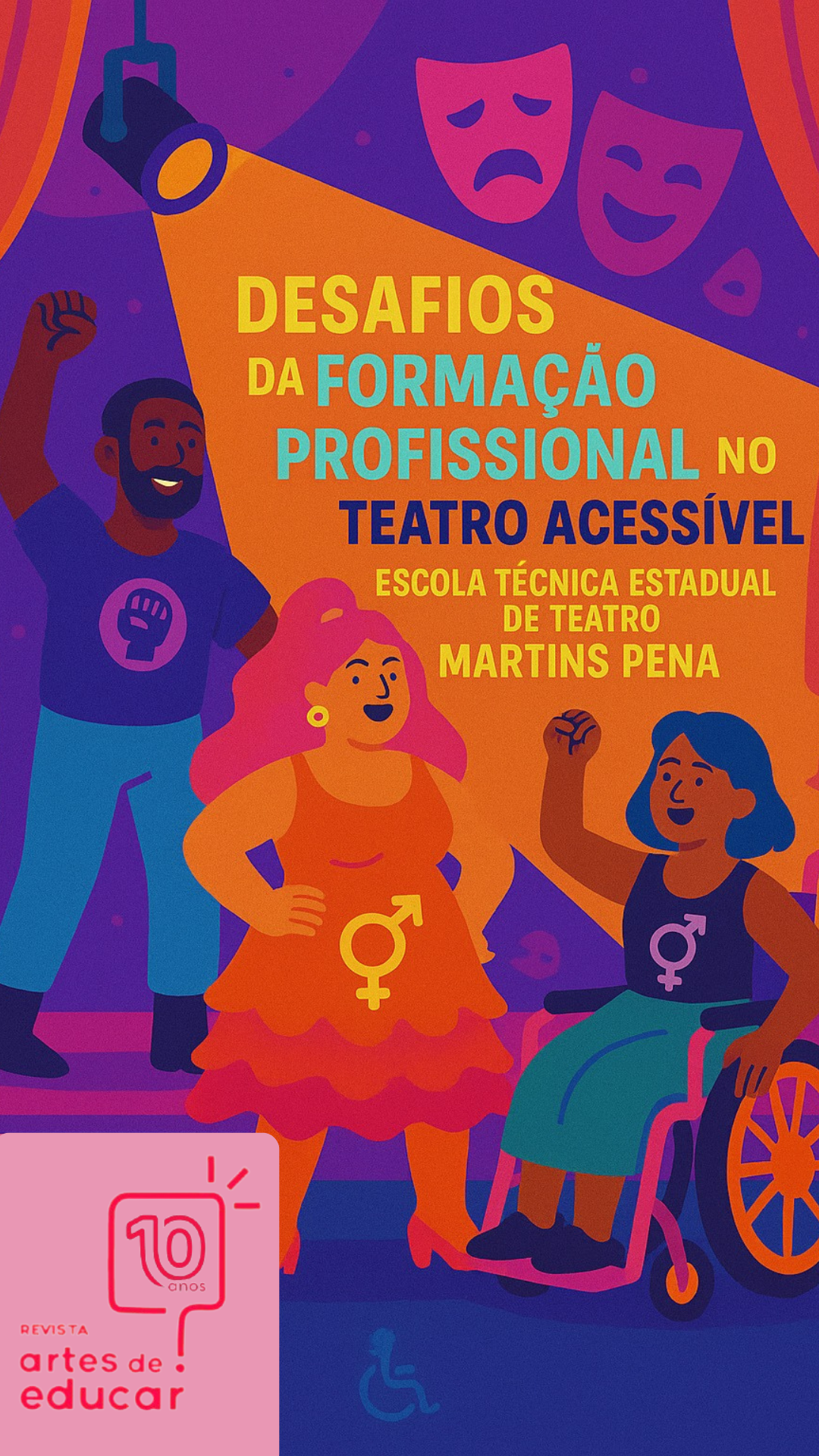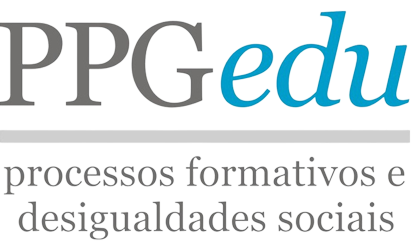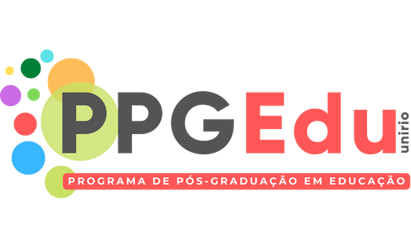A trajetória da pessoa com deficiência através da história
DOI:
https://doi.org/10.12957/riae.2025.83995Palavras-chave:
inclusão, capacitismo, história, exclusão, protagonismoResumo
O artigo aqui apresentado contém informações necessárias sobre a pessoa com deficiência, sua trajetória através dos tempos, a legislação brasileira que ampara esta parcela da população desmistificando rótulos e preconceitos atribuídos a estes, bem como, percebe, ser necessária dar visibilidade ao tema, por meio de um olhar sensível, que tem na educação o seu objeto de atuação, a maneira eficaz de humanizar uma sociedade, trazendo reflexões fundamentadas em valores humanos e morais essenciais para a uma sociedade inclusiva, tendo a percepção da influência do meio social sobre o desenvolvimento dos indivíduos, destacando o respeito pelo outro, e suas individualidades, e ainda o protagonismo da pessoa com deficiência quando seus direitos são garantidos por lei e fiscalizados pelo poder público que a representa. A pesquisa foi feita com base em experiências pessoais e leitura de materiais específicos sobre a pessoa com deficiência, como por exemplo o autor Otto Silva, pessoa com deficiência e autor do Livro “A epopeia ignorada”, onde foi possível encontrar preciosas informações que muito agregou valor a este trabalho de pesquisa que busca mostrar que, apesar dos avanços alcançados, esta parcela da população ainda não ocupa todos os espaços que deveria, muitas vezes ficando como coadjuvante de sua própria história, dado o capacitismo estrutural que acompanha toda a trajetória das PCDs e a ausência das autoridades constituídas para defender e garantir a inclusão definitiva deste grupo de pessoas na sociedade não só com igualdade, mas principalmente com equidade.
Downloads
Publicado
Como Citar
Edição
Seção
Licença
Copyright (c) 2025 Veronica Legentil

Este trabalho está licenciado sob uma licença Creative Commons Attribution-NonCommercial 4.0 International License.
Os autores mantêm os direitos autorais dos seus trabalhos, têm permissão para publicar e distribuir seu trabalho online (ex.: em repositórios institucionais ou na sua página pessoal) a qualquer ponto antes ou durante o processo editorial, já que isso pode gerar alterações produtivas, bem como aumentar o impacto e a citação do trabalho publicado.
A aceitação do texto implica na autorização e exclusividade da Revista Interinstitucional Artes de Educar acerca do direito de primeira publicação, os trabalhos publicados estão simultaneamente licenciados com uma licença Creative Commons Atribuição-Não Comercial 4.0 Internacional 























